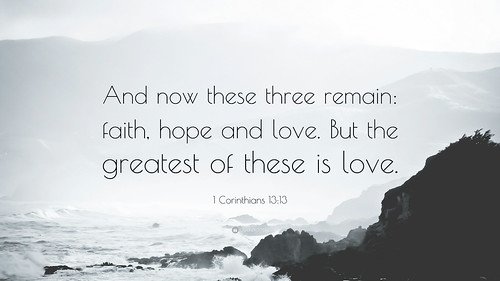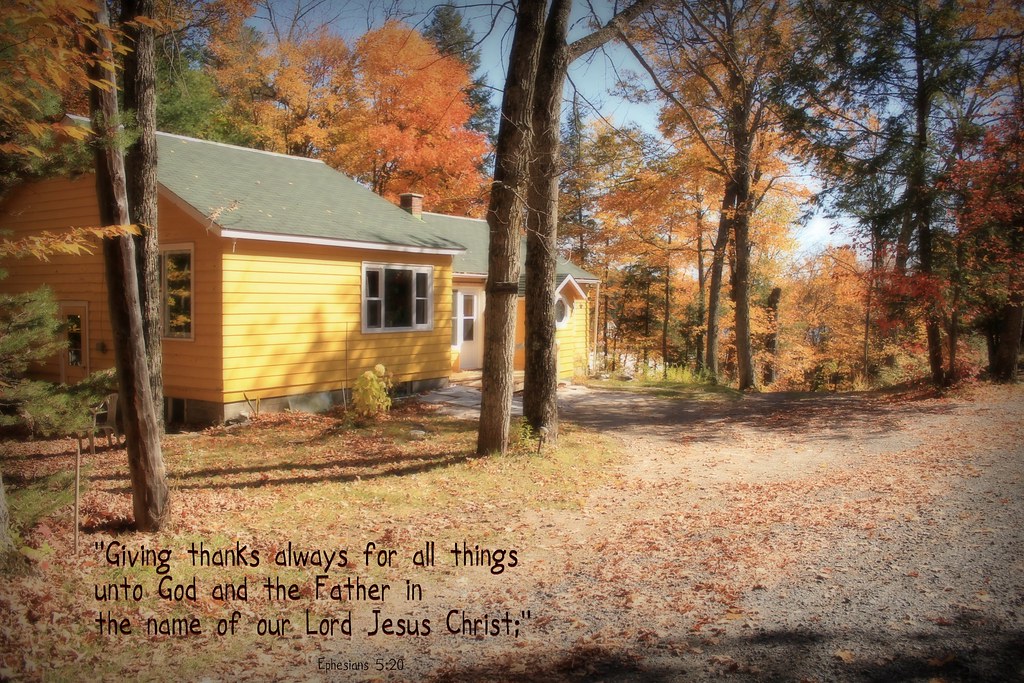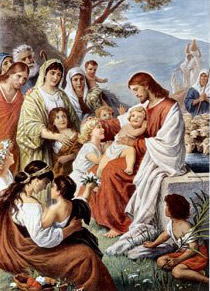“Blessed are the poor in spirit,
for theirs is the kingdom of heaven.
Blessed are they who mourn,
for they will be comforted.
Blessed are the meek,
for they will inherit the land.
Blessed are they who hunger and thirst for righteousness,
for they will be satisfied.
Blessed are the merciful,
for they will be shown mercy.
Blessed are the clean of heart,
for they will see God.
Blessed are the peacemakers,
for they will be called children of God.
Blessed are they who are persecuted for the sake of righteousness,
for theirs is the kingdom of heaven.
Blessed are you when they insult you and persecute you and utter every kind of evil against you [falsely] because of me. Rejoice and be glad, for your reward will be great in heaven. Thus they persecuted the prophets who were before you.
Matthew 5: 3-12
Luke 6:20 simply has "blessed are the poor"; that Matthew adds (*) "in spirit" is seen to be of great import. The phrase does not appear in the Old Testament, but Psalm 34:18 comes close. ("The LORD is close to the brokenhearted, saves those whose spirit is crushed.") The phrase "poor in spirit" occurs in the Dead Sea Scrolls, and seems to have been an important notion to the Qumran community.
Matthew 5:3 - Wikipedia
https://en.wikipedia.org/wiki/Matthew_5:3
(*) or was Matthew's gospel first? Did Luke drop "in spirit" from Matthew's gospel in his (Luke's) gospel? or, perhaps, Matthew and Luke wrote their gospels independent, and different, from each other? The Dating of the Gospels
needless to say, there is a great difference between "blessed are the poor" and "blessed be the poor in spirit".
what does "blessed be the poor in spirit" mean to you?
Here's what Billy Graham had to say:
We must be humble in our spirits. If you put the word “humble” in place of the word “poor,” you will understand what Jesus meant. In other words, when we come to God, we must realize our own sin and our spiritual emptiness and poverty. We must not be self-satisfied or proud in our hearts, thinking we don’t really need God. If we are, God cannot bless us. The Bible says, “God opposes the proud but gives grace to the humble” (James 4:6).
"poor in spirit" could also mean a broken spirit--broken by guilt, fear, anxiety and depression. "Blessed are the poor in spirit, for theirs is the kingdom of heaven." Does this mean that God forgives those whose spirit is broken by their own sins, and by their guilt, fear, anxiety and depression? I like to think so.












